Mehsana Kadva Patidar Samaj celebrates Diwali with cultural fervor
Speakers at the event explained the importance of traditional practices during Diwali.
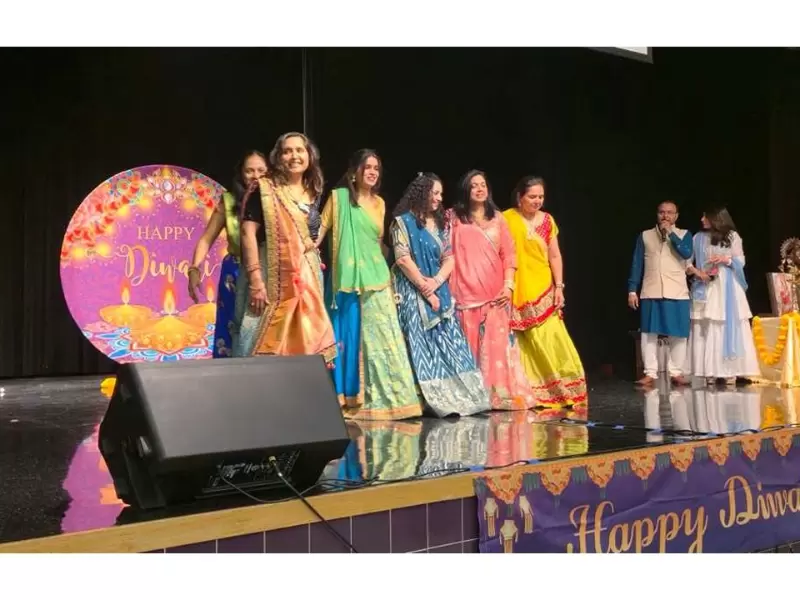 Performers on-stage at the Diwali event hosted by Mehsana Kadva Patidar Samaj (MKPS) / Courtesy: Mehsana Kadva Patidar Samaj (MKPS)
Performers on-stage at the Diwali event hosted by Mehsana Kadva Patidar Samaj (MKPS) / Courtesy: Mehsana Kadva Patidar Samaj (MKPS)
The Mehsana Kadva Patidar Samaj (MKPS) organized its annual Diwali celebration on Nov. 1, bringing together community members for an evening of cultural reflection, learning, and entertainment.
The event aimed to connect the younger generation with traditional Indian customs while highlighting the scientific and cultural significance of Diwali rituals.
Speakers at the event explained the importance of traditional practices such as cleaning homes, creating rangoli designs, lighting diyas, preparing festive foods, and performing various pujas over five days. They emphasized how each ritual is rooted in both cultural symbolism and scientific reasoning, encouraging the youth to appreciate and preserve these customs.
Also Read: American Punjabi Society announces Global Punjabi Ratan Award at gala curtain raiser
The celebration began with a diya-lighting ceremony performed by sponsors, who were welcomed with bouquets as a gesture of gratitude.
One of the highlights of the evening was a drama depicting village life in Mehsana, which evoked nostalgia among older attendees and offered younger participants a glimpse into the lives of their grandparents. The performance was praised for its authenticity and emotional depth.
Children and adults presented a series of dance performances, filling the hall with color, music, and enthusiasm. Between performances, organizers shared anecdotes and insights to foster unity and engagement within the community.
The evening concluded with a traditional meal served to all attendees, reinforcing the sense of togetherness that defines MKPS gatherings. The event successfully combined education, entertainment, and cultural pride, leaving participants with renewed appreciation for their heritage and values.
ADVERTISEMENT
ADVERTISEMENT
E Paper
Video




1759953093.png) Staff Reporter
Staff Reporter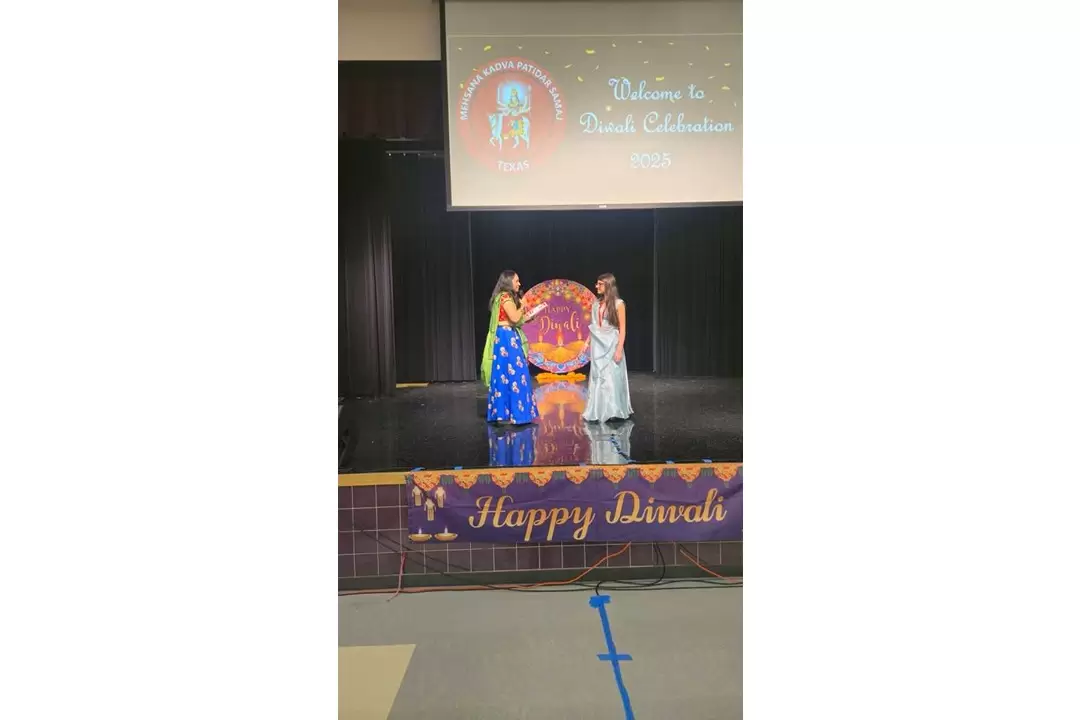
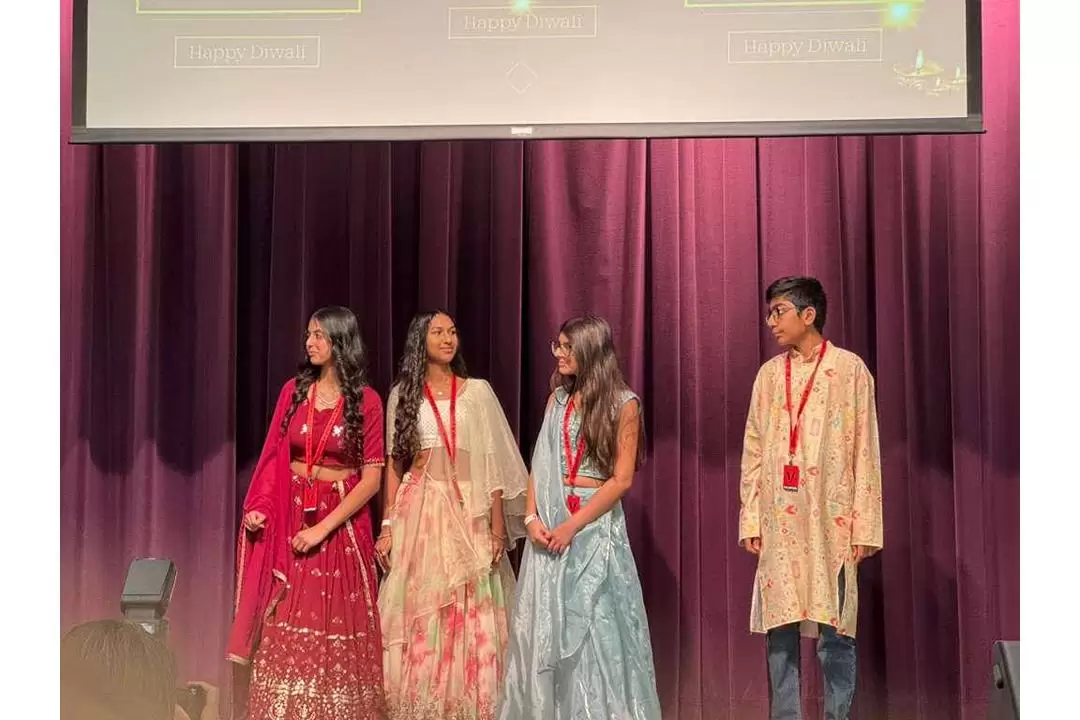
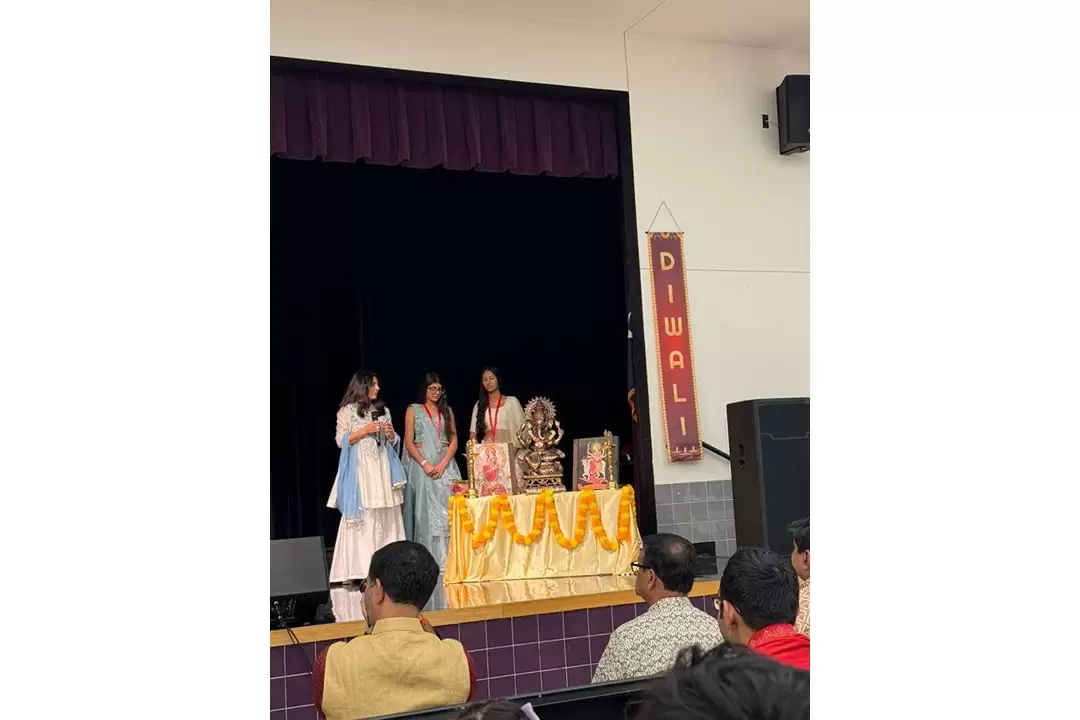

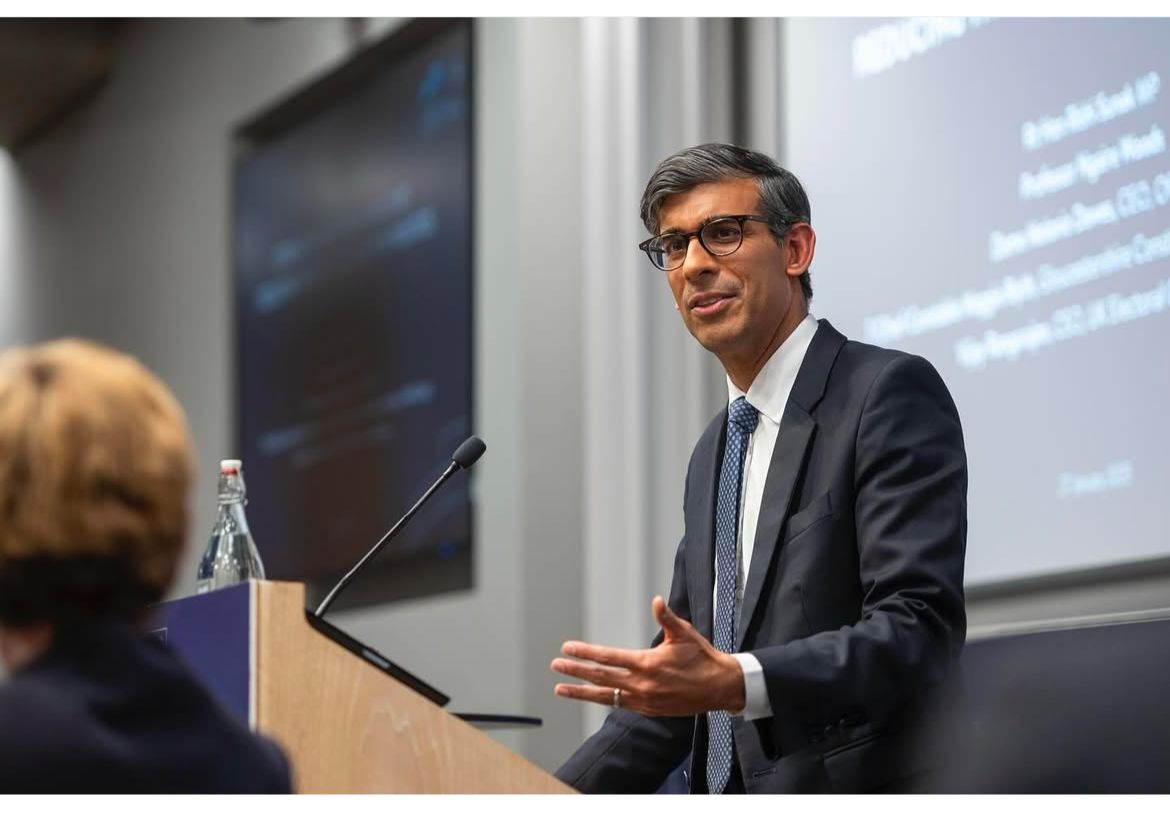
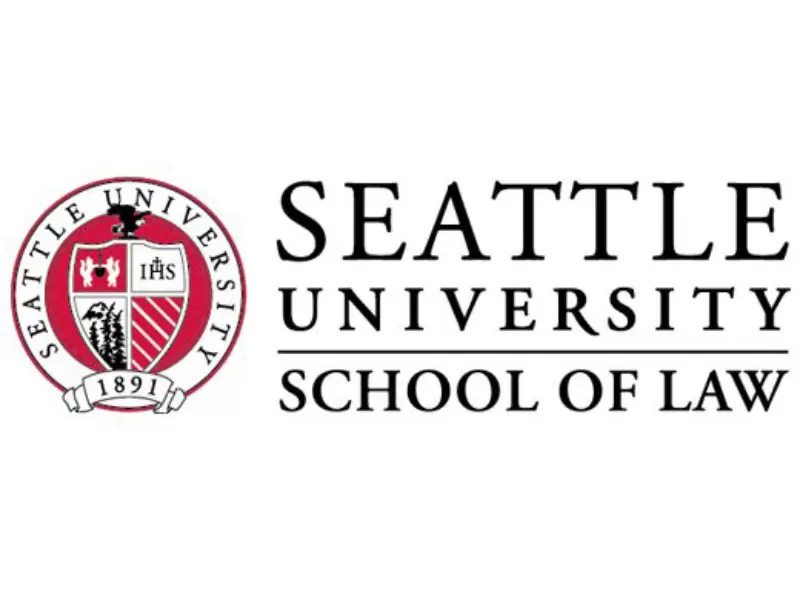
.jpg)
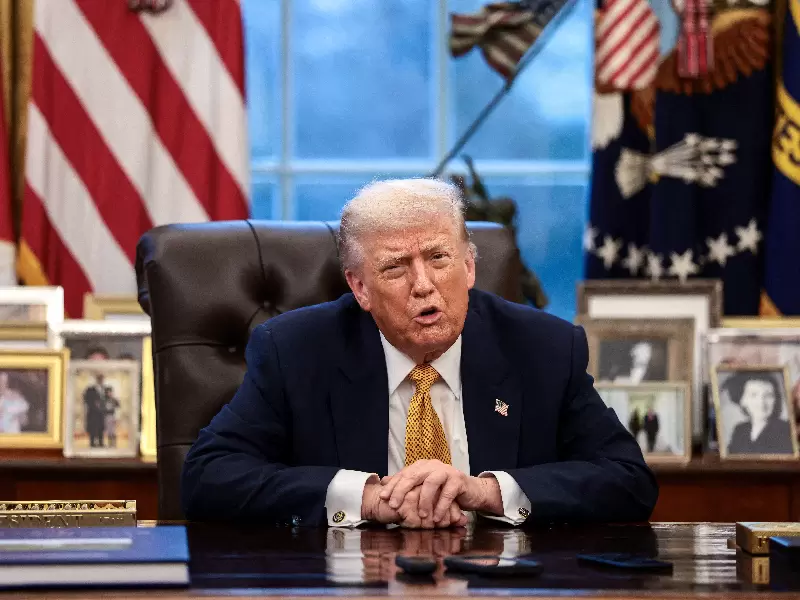

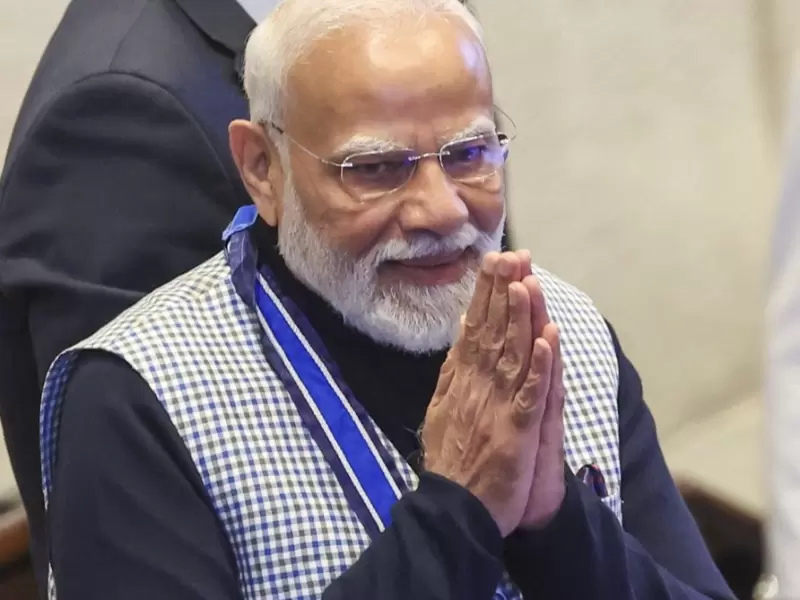
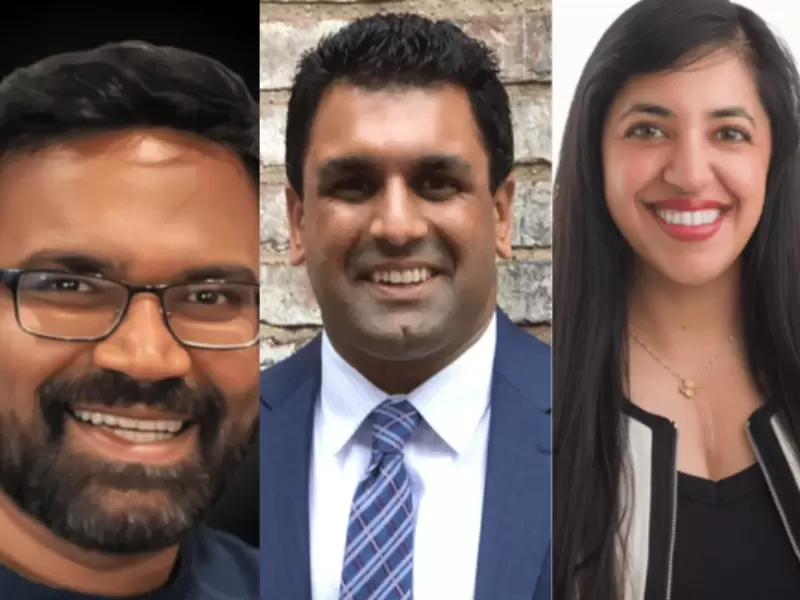
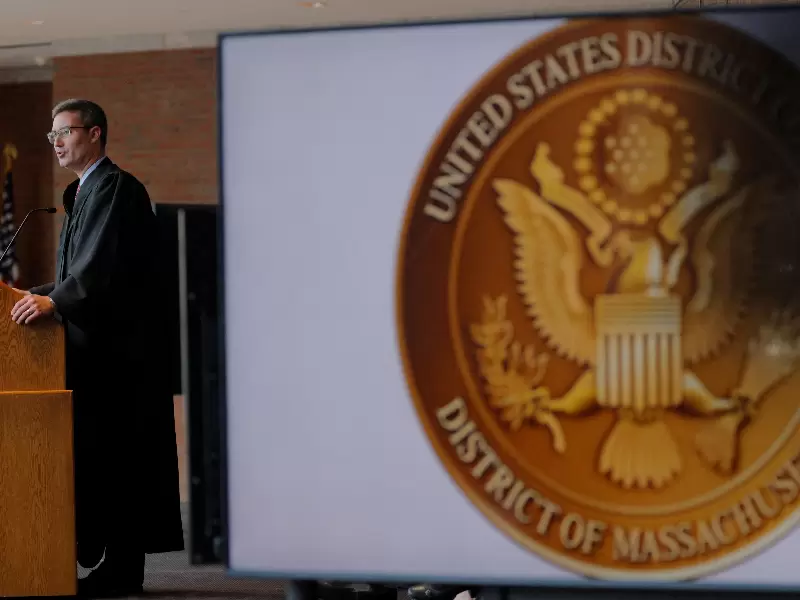
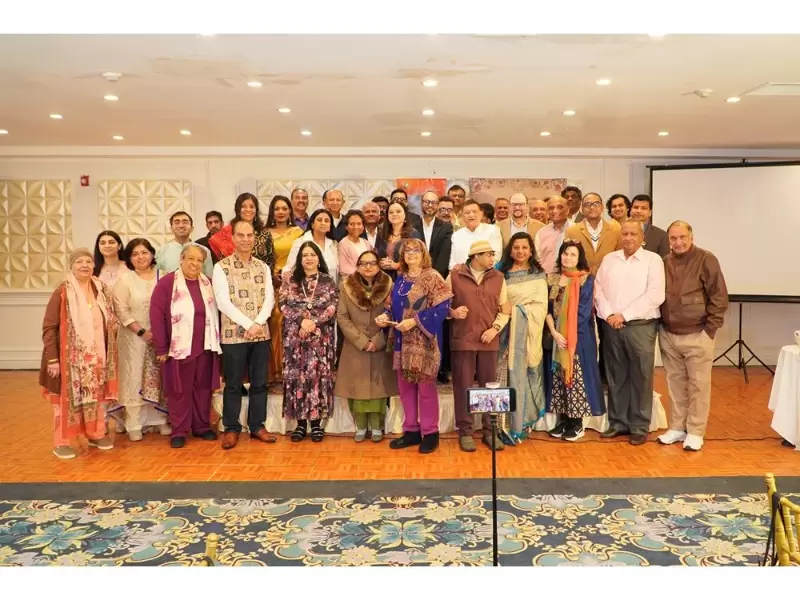
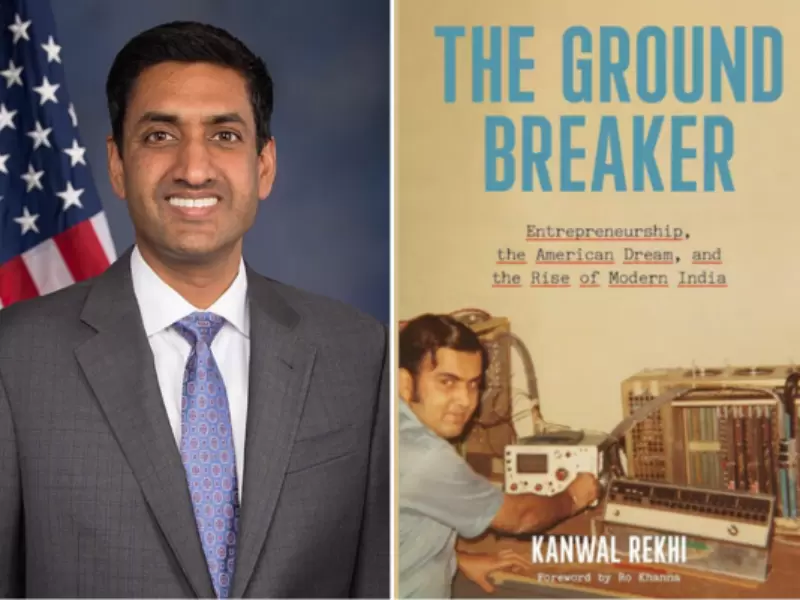
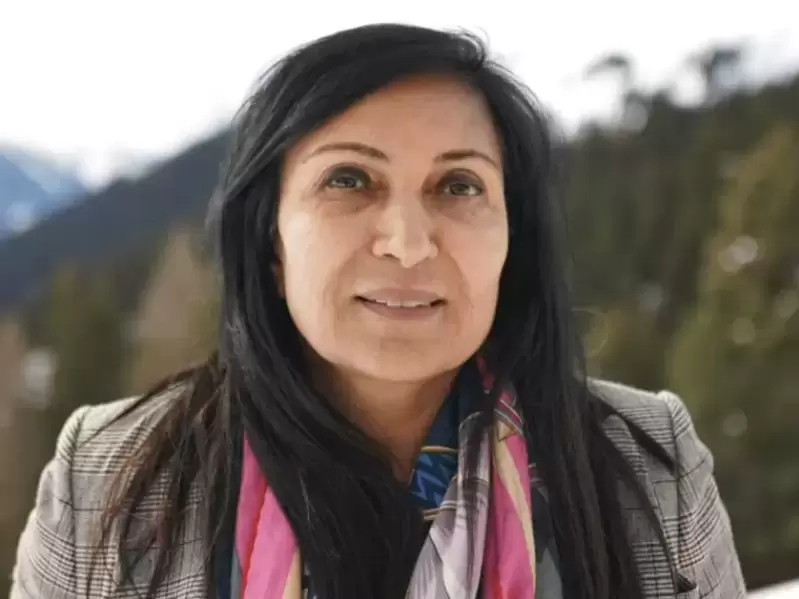


Comments
Start the conversation
Become a member of New India Abroad to start commenting.
Sign Up Now
Already have an account? Login